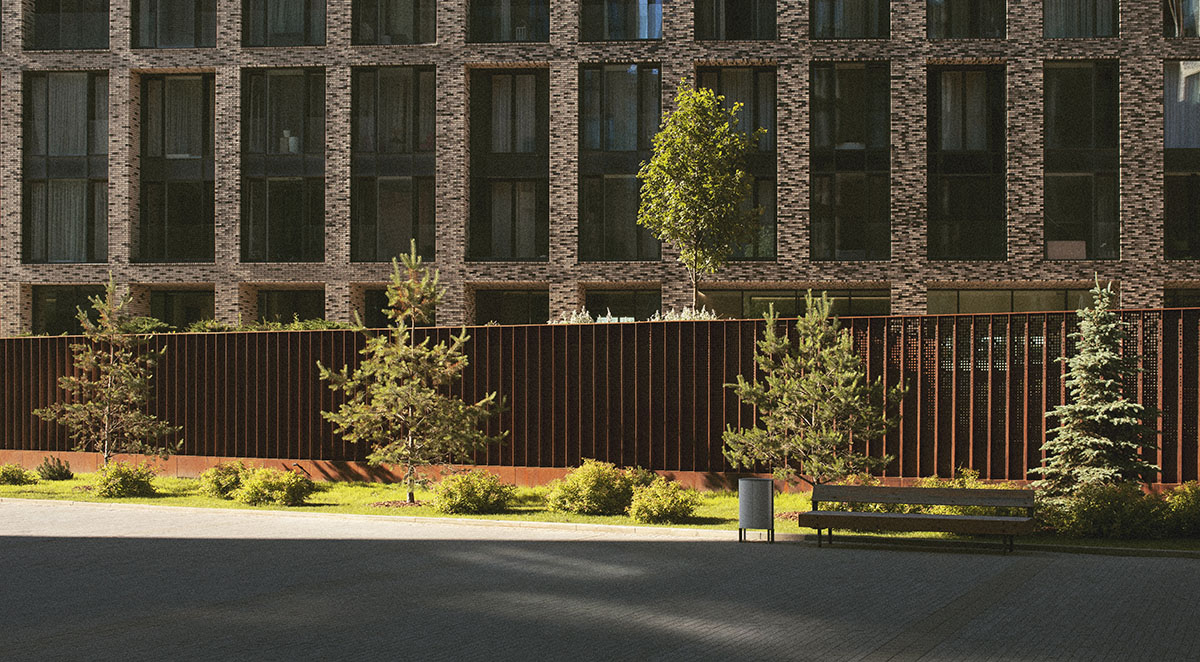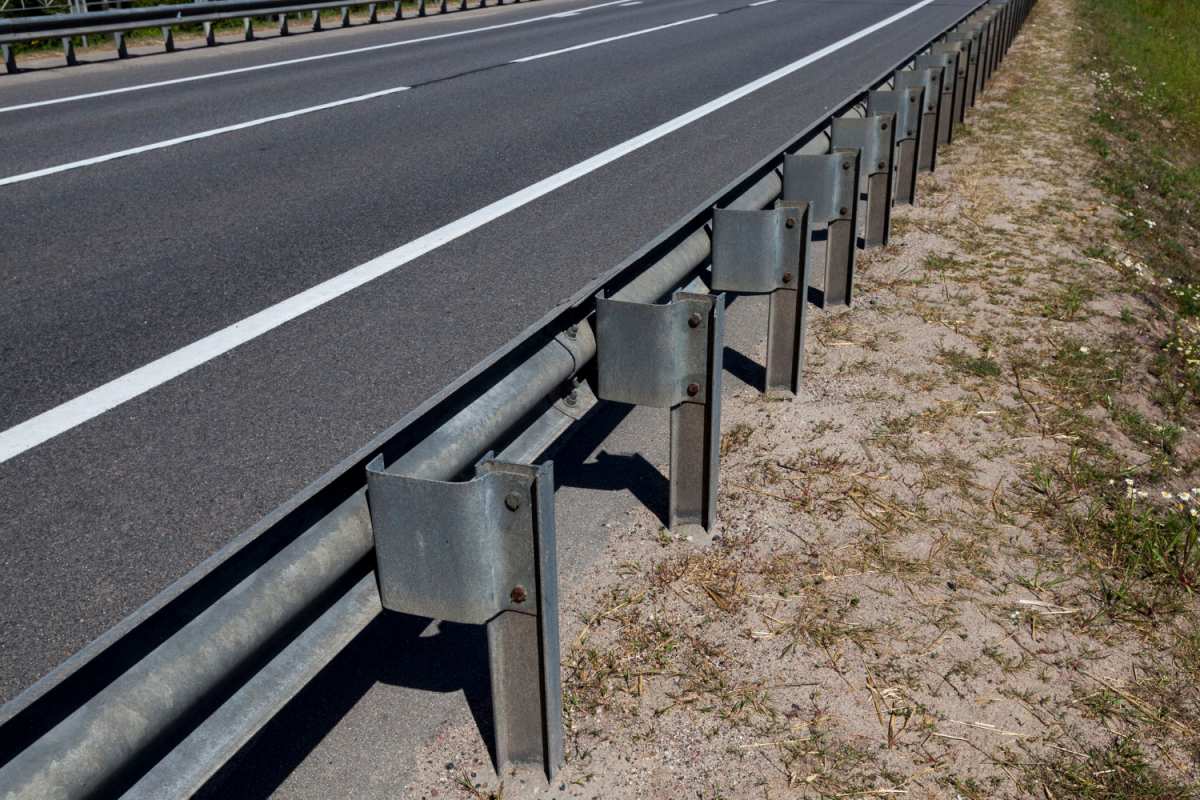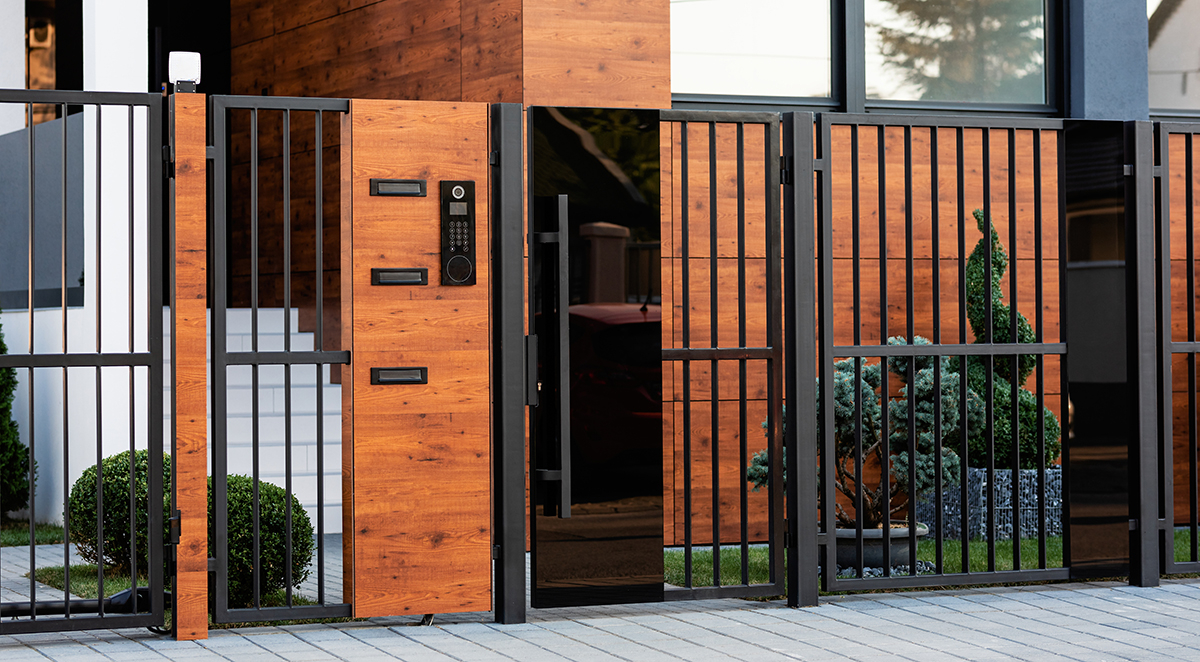Access Control for Commercial Properties: Balancing Security and Convenience
Thursday, 01 January 2026 18:00Running a commercial property in Western North Carolina comes with unique challenges. Whether you manage an office building in Asheville, a warehouse in Candler, or a storage facility in Henderson County, protecting your property while maintaining smooth daily operations is essential. Access control systems paired with quality fencing offer the ideal solution for balancing security needs with the convenience your employees, vendors, and customers expect.
With proper maintenance, a quality fence can serve your home or business for decades, providing reliable protection while enhancing your property's value. Whether you've recently installed a new fence or you're looking to extend the life of an existing one, understanding how to properly maintain different fence materials can save you thousands of dollars in replacement costs.
When it comes to safety infrastructure, few elements are as critical yet overlooked as guardrails. These protective barriers serve as silent sentinels along roadways, commercial properties, and residential areas, preventing catastrophic accidents and providing essential protection. At Asheville Fence, we've installed guardrails throughout Western North Carolina for decades, and one lesson stands paramount above all others: the effectiveness of any guardrail system depends primarily on its anchoring.
Residential Access Control: Upgrading Your Home's Security with Smart Fencing
Wednesday, 08 October 2025 20:40Home security has evolved far beyond simple locks and alarm systems. Homeowners now have access to smart fencing combined with advanced access control systems, offering more comprehensive approaches to protecting the home. Residential access control transforms ordinary fences into intelligent security barriers that provide convenience, monitoring capabilities, and enhanced protection. If you're considering upgrading your home's security, understanding how access control integrates with quality fencing can help you make informed decisions about protecting what matters most.




